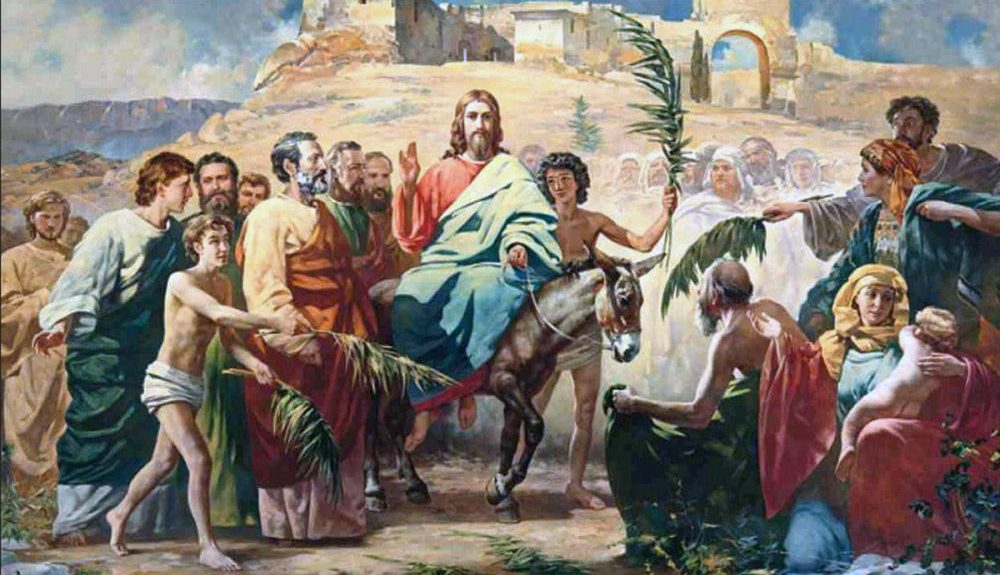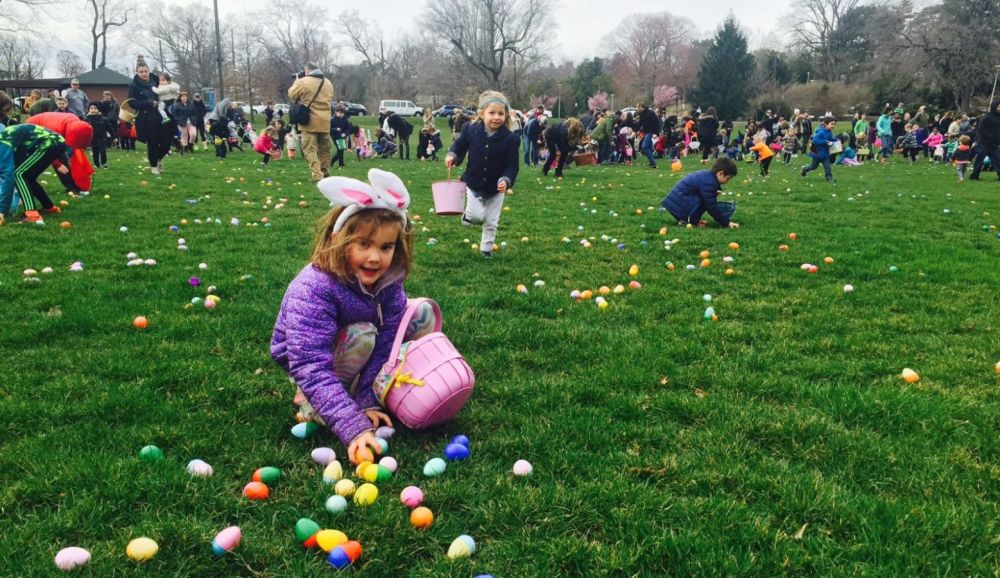Easter, one of the most significant festivals in Christianity, traces its roots back to ancient traditions and beliefs. Its origins are intertwined with both pagan and Christian customs, making it a rich tapestry of cultural heritage. The name “Easter” itself is believed to have derived from Eostre, a goddess of fertility and spring in Germanic paganism. Early Christians adopted many of these pre-existing customs, repurposing them to celebrate the resurrection of Jesus Christ.

Throughout history, Easter has been marked by various rituals and observances, each with its own symbolism. The Easter egg, for example, symbolizes new life and rebirth, echoing the themes of resurrection central to the Christian faith. Similarly, the Easter bunny, with its association with fertility, represents the arrival of spring and the renewal of nature. Over the centuries, these symbols have become deeply ingrained in the fabric of Easter celebrations, bridging the gap between ancient traditions and modern customs.

Today’s Observance: In contemporary times, Easter is celebrated in diverse ways across the globe, reflecting the multicultural nature of society. For many, it remains a deeply religious occasion, marked by church services, prayer, and reflection on the significance of Christ’s resurrection. Families come together to share meals, exchange gifts, and participate in Easter egg hunts, fostering a sense of joy and togetherness. Moreover, Easter serves as a reminder of the triumph of hope over despair, resonating with people of all faiths and backgrounds. In recent years, there has been a growing trend towards incorporating more sustainable practices into Easter celebrations. From eco-friendly Easter eggs to ethical gift-giving, individuals and communities are increasingly mindful of their environmental impact. This shift reflects a broader awareness of the need to protect our planet and preserve its resources for future generations. Additionally, as technology continues to advance, digital platforms provide new avenues for connecting with loved ones and participating in virtual Easter services, ensuring that the spirit of the holiday endures even in challenging times.

2024 Prospects: Looking ahead to 2024, Easter holds the promise of renewal and optimism as communities emerge from the shadow of the global pandemic. After years of uncertainty and isolation, people are eager to come together and celebrate the joys of springtime and spiritual renewal. With vaccination efforts underway and restrictions easing, there is renewed hope for a return to more traditional Easter gatherings and festivities. Churches are preparing to welcome congregants back into their pews, while families eagerly anticipate the opportunity to reunite and create cherished memories.

As society continues to evolve, Easter celebrations may undergo further transformation, embracing new technologies and cultural influences. Virtual reality experiences could offer immersive ways to engage with the Easter story, while social media platforms provide avenues for sharing traditions and connecting with communities worldwide. Amidst these changes, however, the timeless message of Easter remains unchanged: a message of hope, redemption, and the enduring power of faith. As we celebrate Easter in 2024 and beyond, let us embrace the spirit of renewal and rejoice in the promise of a brighter tomorrow.

